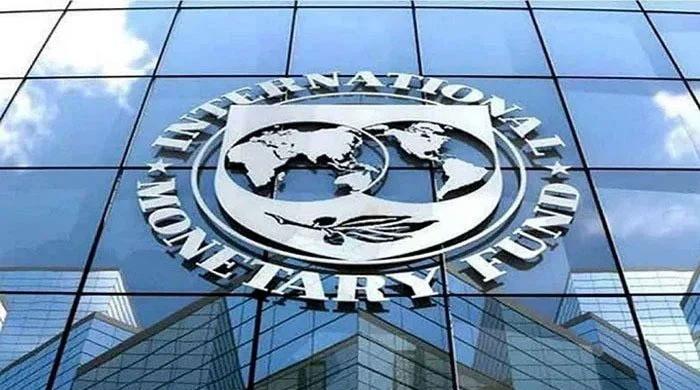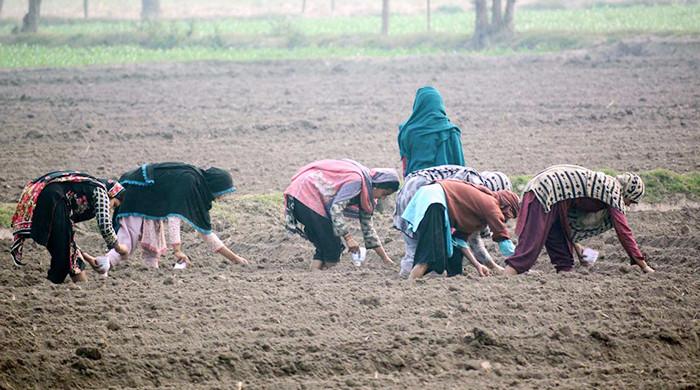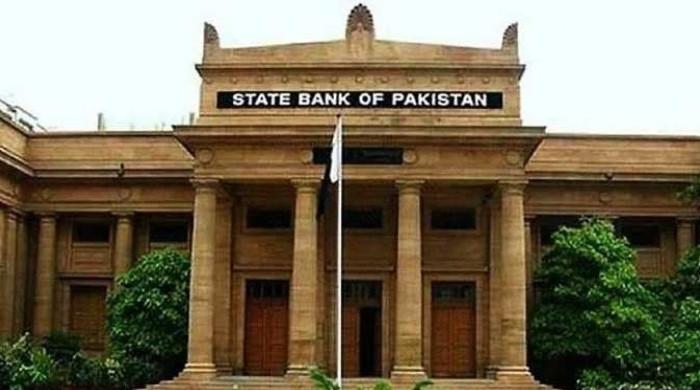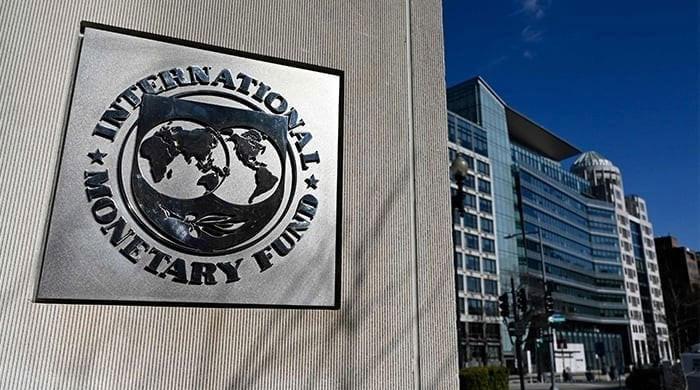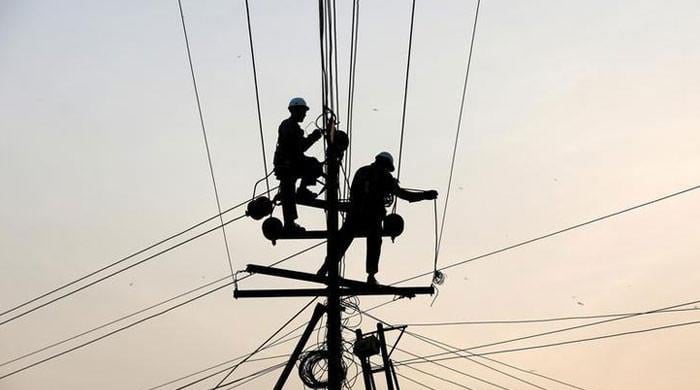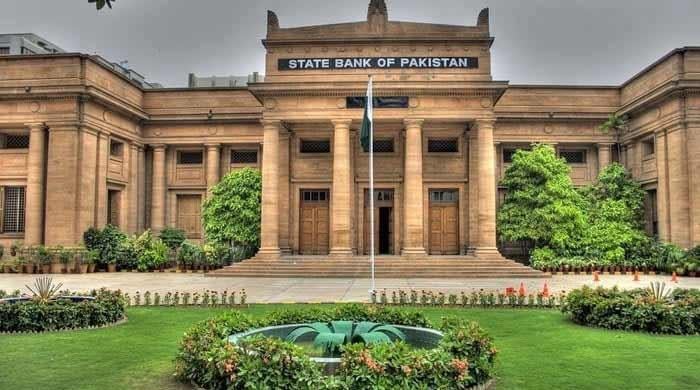Pak Suzuki extends plant shutdown on 'inventory shortage'
Company extends shutdown of automobile plant from Feb 20-21; motorcycle plant to remain operative
February 17, 2023

- Company extends shutdown of automobile plant from Feb 20-21.
- Pak Suzuki cites shortage of inventory level as major reason.
- Japanese automaker will keep its motorcycle plant operative.
Pak Suzuki Motor Company (PSMC) — one of the country’s largest car manufacturers — Friday announced its decision to extend the shutdown of the automobile plant citing inventory shortfall as a major reason.
In the letter sent to the Pakistan Stock Exchange (PSX), the Japanese automaker mentioned that “due to continued shortage of inventory level, the management of the company has decided to extend the shutdown of the automobile from February 20, 2023, to February 21, 2023.”
The Japanese automaker, however, mentioned that the motorcycle plant will remain operative.
It is the fifth announcement by the company of putting the brakes on its production activities in 2023 — first from January 2 to 6, then from January 9 to 13, then from January 16 to 20, and later from February 13-17.
PMSC is the local assembler, manufacturer, and marketer of Suzuki cars, pickups, vans, 4x4s and motorcycles as well as related spare parts. The Suzuki brand itself is from Japan.
Import-based businesses are facing severe hardship staying afloat due to the dearth of dollars in the market as the government has so far failed to boost its forex reserves, which stand at a critical level of around $3 billion — hardly enough for less than one month of imports.
Pakistan business chiefs are clamouring for the cash-strapped government to allow manufacturing materials stuck at the key port of Karachi into the country, warning that a failure to lift a ban on imports will leave millions jobless.
Faced with critically low US-dollar reserves, the government has banned all but essential food and medicine imports until a lifeline bailout is agreed upon with the International Monetary Fund (IMF).
Alongside a shortage of raw materials, soaring inflation, rising fuel costs and a plummeting rupee have battered manufacturing industries.




